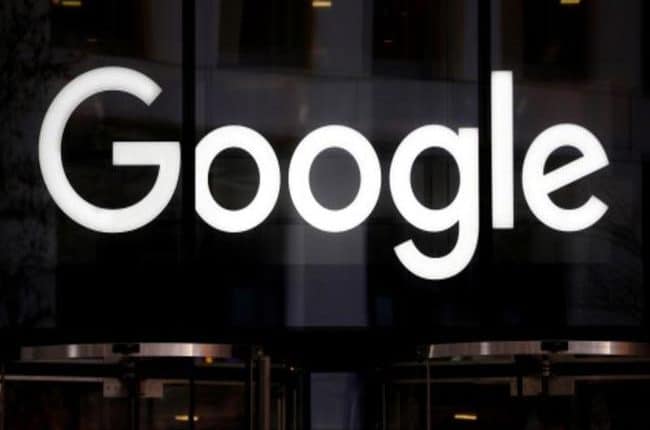In a major blow for Alphabet’s Google, the US-based tech giant has been discovered to have violated the patent rights of a software developer with its Chromecast gear. And with the loss of the Chromecast patent dispute, the tech titan now has to cough up millions in damages.
A federal jury in Waco, Texas, directed Google to pay the total amount of $338.7 million in damages due to its infringement of three patents of Touchstream Technologies. The New York-based company seemed to be pleased with the verdict, as per company attorney Ryan Dykal.
For those who need a reminder about the patent dispute, Touchstream claimed that it had engaged in talks with Google back in December 2011 regarding a potential collaboration between the two companies. One year prior to this, Touchstream founder David Strober invented technology that allowed users to “move” videos from a small device like a smartphone to a larger device like a television.
However, a couple of months after the discussions, Google decided against pursuing the partnership, and in 2013, the tech titan introduced its Chromecast media-streaming devices. The devices enabled users to wirelessly stream or cast content from their smartphones, tablets, or computers to a television or other compatible display.
Does this not sound eerily similar to the tech rolled out by Strober in the first place? Touchstream certainly seemed to think so, since it accused Google of copying its innovations and infringing three of its patents. According to Touchstream’s lawyers, Google was aware of the small-to-big-screen-casting technology before Strober was able to formally patent the designs, and thus the company stole his ideas for its Chromecast products.
For its part, Google unsurprisingly denied the accusations, claiming that the patents were invalid and that they were “hardly foundational and do not cover every method of selecting content on a personal device and watching it on another screen.” Nonetheless, the Texas judge does not share the same view, and now, the company aims to appeal the verdict.
The Tech Portal is published by Blue Box Media Private Limited. Our investors have no influence over our reporting. Read our full Ownership and Funding Disclosure →






